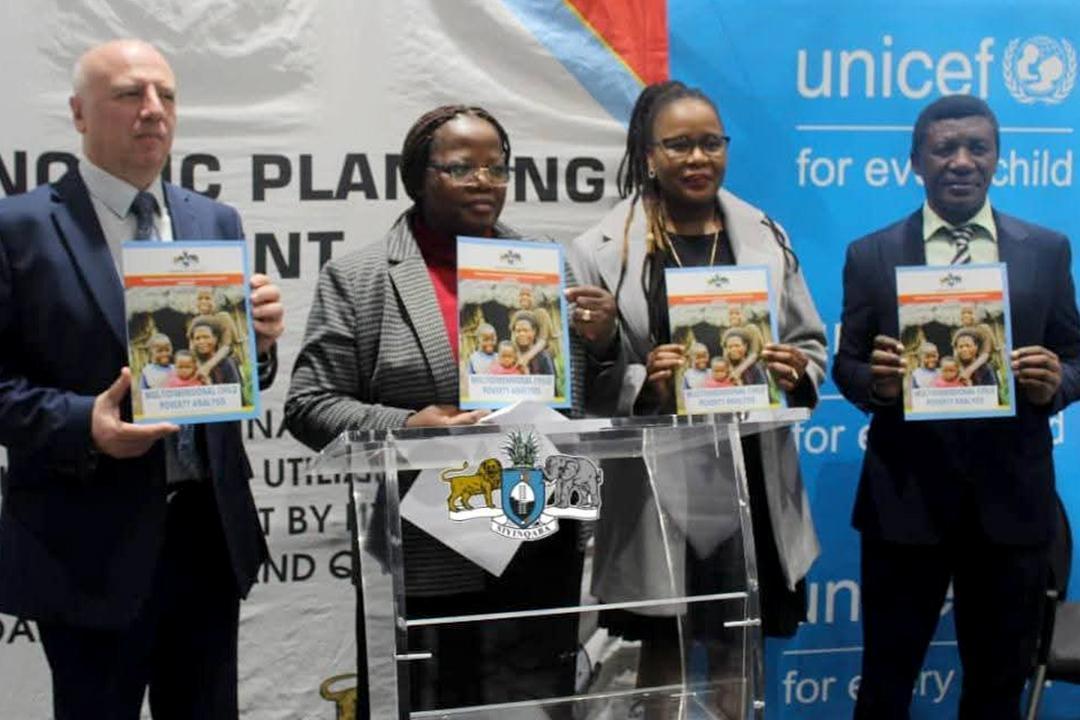Africa-Press – Eswatini. The Government of Eswatini, through the Ministry of Economic Planning and Development, has unveiled the second Multidimensional Child Poverty Analysis Report, revealing that nearly half of the country’s children are deprived in at least three critical areas of well-being. The report was officially presented during a dissemination workshop held today at the Hilton Garden Inn Hotel in Mbabane.
Delivering the keynote address on behalf of the Honourable Minister for Economic Planning and Development, Dr. Thambo Gina, Principal Secretary Thabsile Mlangeni emphasized the urgency of addressing child poverty with targeted, data-driven interventions.
“This workshop is not merely an event for discussion; it is a call to action,” Mlangeni told a room of government officials, development partners, civil society representatives, and the media. “This report presents a comprehensive understanding of where our children are most deprived, allowing for sustainable solutions.”
According to the findings, 46.6% of Eswatini’s children are suffering from deprivation in three or more dimensions, including nutrition, health, education, housing, child protection, water and sanitation, access to information, and shelter. Rural children are most affected, with a 51.8% deprivation rate compared to 23.1% in urban areas. Regionally, Lubombo recorded the highest child deprivation at 55.4%, while Hhohho reported the lowest at 39.5%.
“These are not just statistics,” said Mlangeni. “They represent the daily realities and struggles of our children. They also serve as a guiding light to refine policies and better allocate resources.”
The 2025 analysis builds on a similar report conducted in 2018 and aligns with national and global development priorities, including the Sustainable Development Goals (SDGs). It supports Eswatini’s target under the National Development Plan to reduce child poverty from 56.5% in 2016 to 40% by 2027.
To tackle the challenges highlighted in the report, the government outlined several strategic actions, including strengthening social protection programmes, improving access to health and education, and supporting income-generating opportunities for families.
Mlangeni also commended UNICEF for its technical and financial support in compiling the report, stating, “Their global expertise and unwavering dedication have been exemplary in this journey.”
In closing, the Principal Secretary urged all stakeholders to integrate the report’s findings into their strategies and programmes to ensure no child is left behind.
“The time to act is now,” she said. “Our children cannot wait.”
For More News And Analysis About Eswatini Follow Africa-Press







